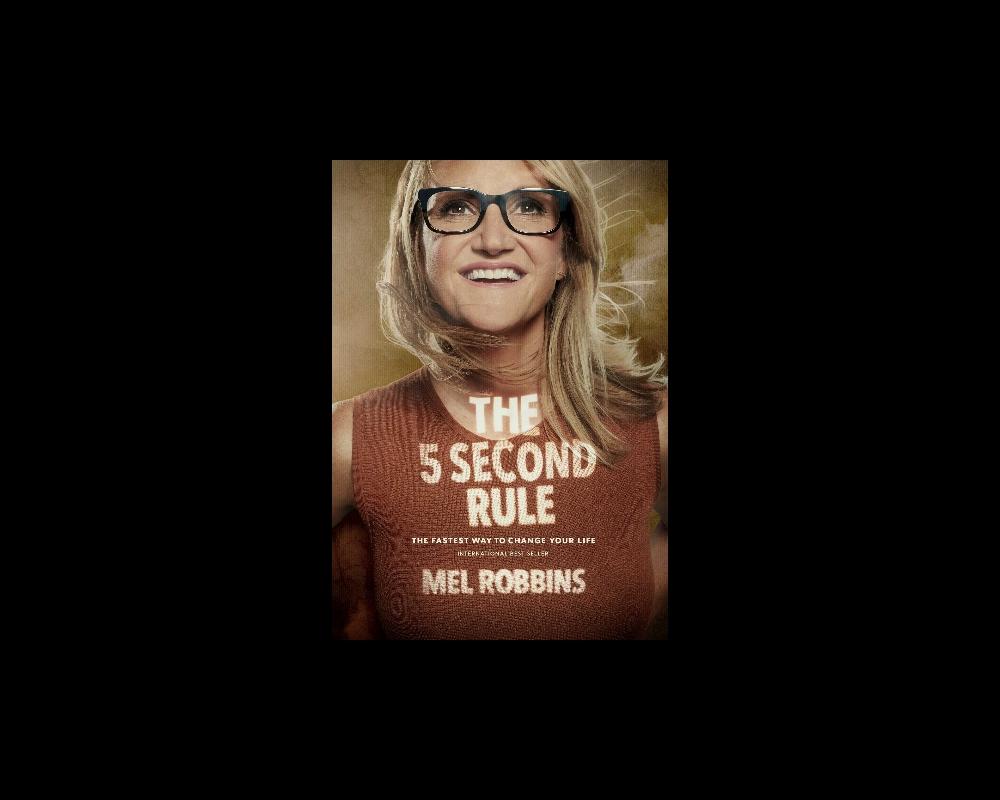Mastering Discomfort: Your Journey to Self-Improvement
Ideas, facts & insights covering these topics:
16 ideas
·22.7K reads
89
5
Explore the World's Best Ideas
Join today and uncover 100+ curated journeys from 50+ topics. Unlock access to our mobile app with extensive features.
Do you have Zone Control?
What situations come into your mind when you think about discomfort?
- You would like to contact someone, but don't because you haven't for a long time.
- You would like to share your constructive criticism at work, but don't want to feel rejected.
- Or you would like to be able to pet a dog to start a little talk with the owner, but don't feel certain.
That are just some examples for more introverted people like myself, but everyone has their own comfort- and discomfort zones.
140
2.39K reads
How do you act on your Discomfort?
Discomfort can be caused by a mixture of emotions like
- Uncertainty - How will someone react to my action?
- Worries - What will someone think about me after taking this action?
- Fear - Will I be rejected, because of taking this action?
All subforms of anxiety and shame.
146
1.94K reads
The consequences of Stress
Anxiety and shame cause a stress response in our bodies. The extent and that's why also the consequences of this stress response depends on our perception.
- An extrovert might not perceive the earlier mentioned example-situations as stress
- While an introvert might even avoid social situations (fight or flight) in the first place
135
1.79K reads
A quote that can change your Perception*
Do one thing everyday, that scares you. – Eleanor Roosevelt
191
2.01K reads
Why change is easier for Children?
Children feel less discomfort of taking action, because in their early life stage they are less capable of thinking about the possible scary or emberassing consequences of their actions (less anxiety & shame). Their few life experiences make them less able to anticipate. Instead they focus more on the present than the future.
147
1.48K reads
What's the difference between Introverts and Extroverts?
- Introverts think more likely about the consequences, the reactio, of their actions (future focus)
- Extroverts think more likely about the action itself (present focus) or are more stoic about their thoughts focusing possible future outcomes
- Those extroverts who notice a stress response, but react calmly, are more likely to have learned it intentionally with self-awareness.
141
1.5K reads
How can that quote change your Perception?
Do you know Mel Robbins' "5 second rule"?
If not, the key is to distract your brain from your discomforting emotions, with her advice by counting from 5 to 1 and then act.
It works for some people, because logic (counting backwards) activates different brain regions than when perceiving your emotions, which can get in the way of taking action.
170
1.5K reads
Why considering the Quote?
The quote does at least three things to help you being more in the present moment
- Distracting you from discomfort
- Creating a potential habit of dealing with discomfort
- Additionaly creates self-awareness of what causes your discomfort
1. & 2. are the same benefits form the 5 sec rule. I can recommend the Deepstash articles about it ;)
135
1.34K reads
Your growing companion Self-Awareness
Being aware of your own perception can help to identify your own emotions better. When you ask yourself in response of the quote – Why am I scared?
You rationalise your emotions and question them to be appropriate or not. Your learn more about yourself.
139
1.24K reads
Your own Best Friend
When you learn and understand yourself better, you are more considerate and compassionate with yourself.
It will be easier for you to find more reasons to act than not to act on your discomfort, because when you repeatly make the decision to overcome it, it might become a habit.
Your brain adapts. The stress response reduces and it becomes easier to focus on the present.
A best friend gives you good advice, because her/his emotional stress response don't cloud their mind staying rational.
Self-awareness in situations of discomfort might help you to become your own best friend.
143
1.12K reads
Kaizen
means - change to become better.
If you decide to do one thing a day that scares you, better start small.
Small steps of change bring compound success in longterm without being overwhelmed quickly, because your brain gets the time to adapt to your new strategy to turn active cognitive chosen changes into passive automated habits.
152
1.13K reads
Hone your progress of Change
Mastery doesn't come overnight. Mastery takes time.
A basic principle is – The more time you spend on something, the more competence you grow in that area.
Documenting the situations, where you overcame your discomfort with grattitude briefly and daily in a notebook increases the amount of practice to consolidate your initial change into a habit with thought structured writing.
145
1.04K reads
Note – Self-reflection
The quote in this article changed the way I perceive and act on my zone of discomfort. Today, discomfort is my emotional indicator for where I still have or want to grow. But I try to avoid becoming an self-optimisation addict (other form of stress compensation).
Before habitually or blindly acting on every discomfort, you can ask yourself, does it make me happier overcoming it?
I'm happy to be an introvert, because it has benefits and that fits my values.
Self-awareness can also help you evaluating every change you plan to make based on your own definition of happiness.
138
951 reads
Choose your Takeaway Mindset-Cycle
Comfort - Inaction - Inexperience - Inability.
Discomfort - Action - Experience* - Ability.
*incl. failures
118
658 reads
IDEAS CURATED BY
Just a curious forever-child appreciating to question taken for granted things constructively.
CURATOR'S NOTE
This article adresses a possible approach of getting more life-control about discomfort causing situations. It covers the importance of perception as a key for change and integrates common concepts like the "5 second rule", self-awareness, habitualization, "Kaizen" and self-reflection, while contrasting an introverted mindset with an extroverted one.
“
Similar ideas
Read & Learn
20x Faster
without
deepstash
with
deepstash
with
deepstash
Personalized microlearning
—
100+ Learning Journeys
—
Access to 200,000+ ideas
—
Access to the mobile app
—
Unlimited idea saving
—
—
Unlimited history
—
—
Unlimited listening to ideas
—
—
Downloading & offline access
—
—
Supercharge your mind with one idea per day
Enter your email and spend 1 minute every day to learn something new.
I agree to receive email updates















